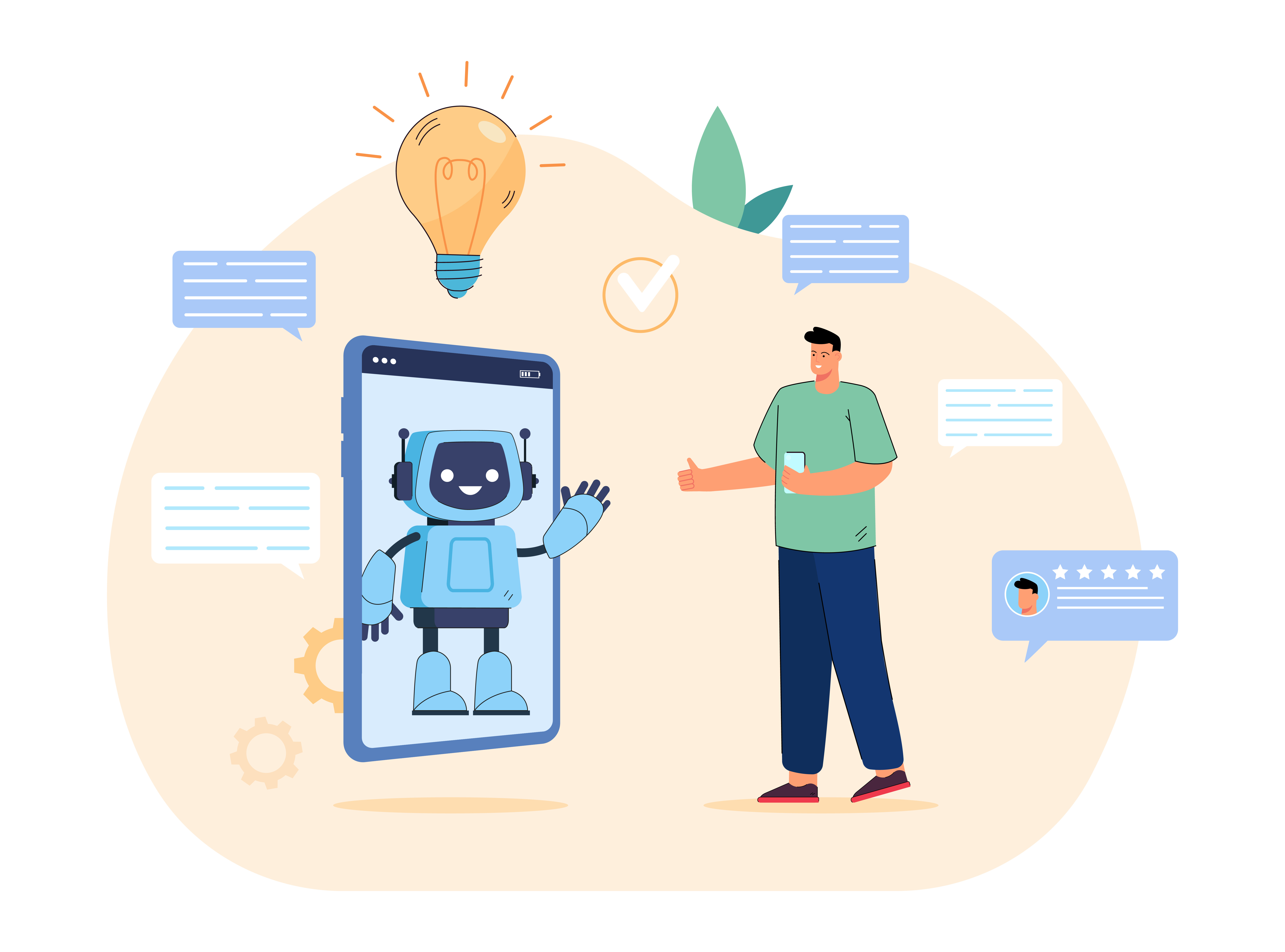
Artificial Intelligence (AI) has become a buzzword in various industries, but its impact on digital marketing is particularly profound. As businesses strive to stay competitive in the digital age, AI offers innovative solutions that revolutionize marketing strategies. But what exactly is the big fuss about AI in digital marketing, and why should businesses pay attention? This blog post delves into the transformative power of AI in digital marketing, its benefits, and the future it promises.
The Rise of AI in Digital Marketing
AI refers to the capability of machines to mimic human intelligence processes such as learning, reasoning, and self-correction. In digital marketing, AI encompasses a range of technologies, including machine learning, natural language processing, and data analytics. These technologies enable marketers to optimize their strategies, personalize customer experiences, and achieve better results with less effort.
Pros of AI in Digital Marketing
Personalization: AI algorithms can analyze user data to deliver highly personalized content, ads, and recommendations, leading to improved engagement and conversion rates.
Automation: AI can automate repetitive tasks such as content creation, social media posting, and email marketing, freeing up marketers to focus on strategy and creativity.
Improved Customer Service: AI-powered chatbots and virtual assistants provide instant, 24/7 customer support, enhancing the user experience and reducing response times.
Data-Driven Insights: AI can process vast amounts of data to provide valuable insights into customer behavior, market trends, and campaign performance, enabling data-driven decision making.
Cons of AI in Digital Marketing
Job Displacement: While AI is unlikely to replace marketing jobs entirely, it may automate certain tasks, leading to job insecurity and the need for marketers to adapt their skills.
Lack of Human Touch: Over-reliance on AI may result in a lack of personal touch in marketing campaigns, potentially damaging brand authenticity and customer relationships.
Ethical Concerns: The use of AI in digital marketing raises ethical concerns such as data privacy, algorithmic bias, and the potential for manipulation of consumer behavior.
Technological Limitations: Current AI technology still has limitations in areas such as natural language processing, emotional intelligence, and creativity, which may limit its effectiveness in certain marketing scenarios.As AI continues to evolve, it is essential for marketers to strike a balance between leveraging its benefits and maintaining a human touch in their marketing strategies. By staying informed about the latest AI trends and best practices, marketers can navigate the challenges and capitalize on the opportunities presented by this transformative technology.
